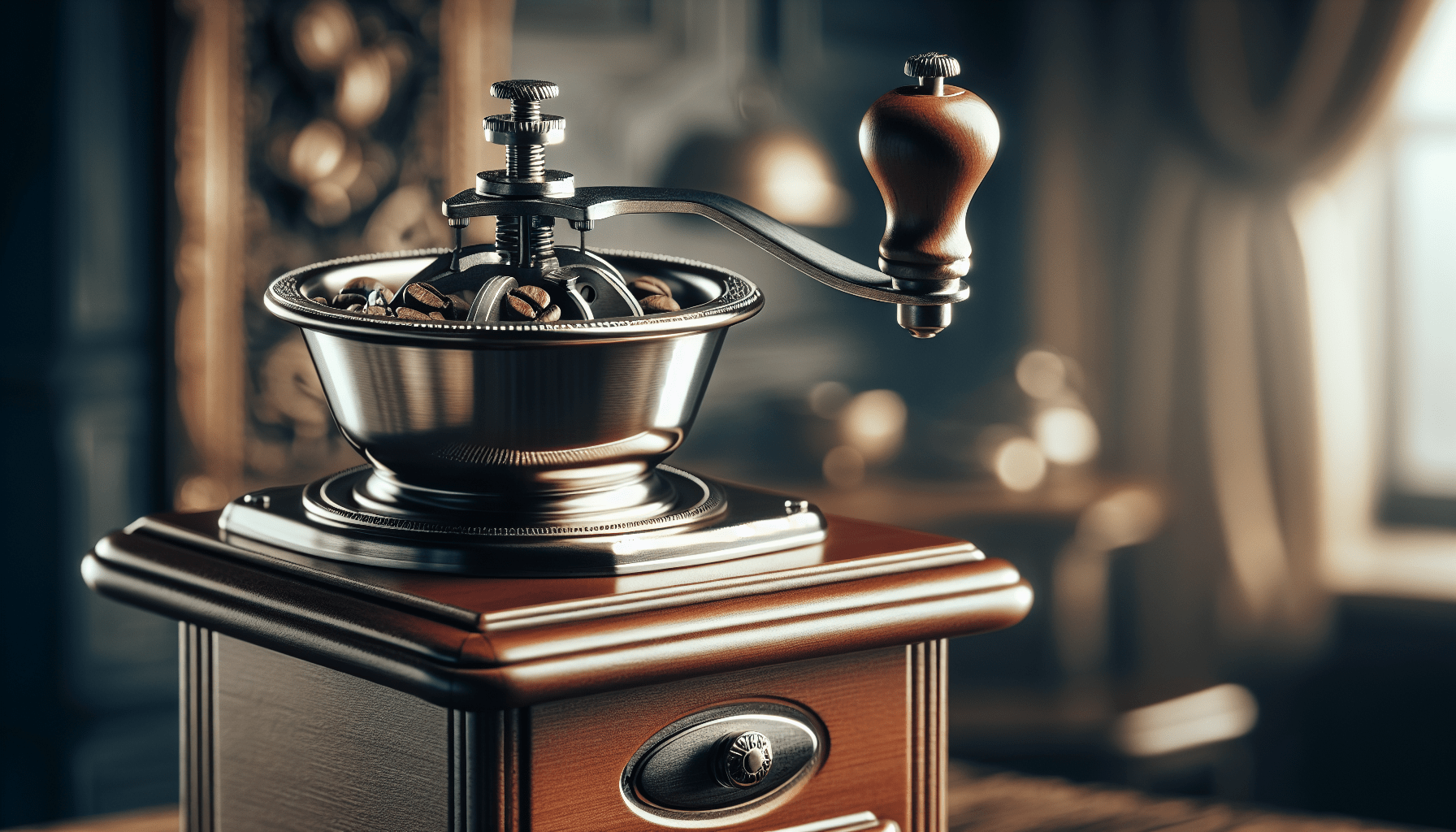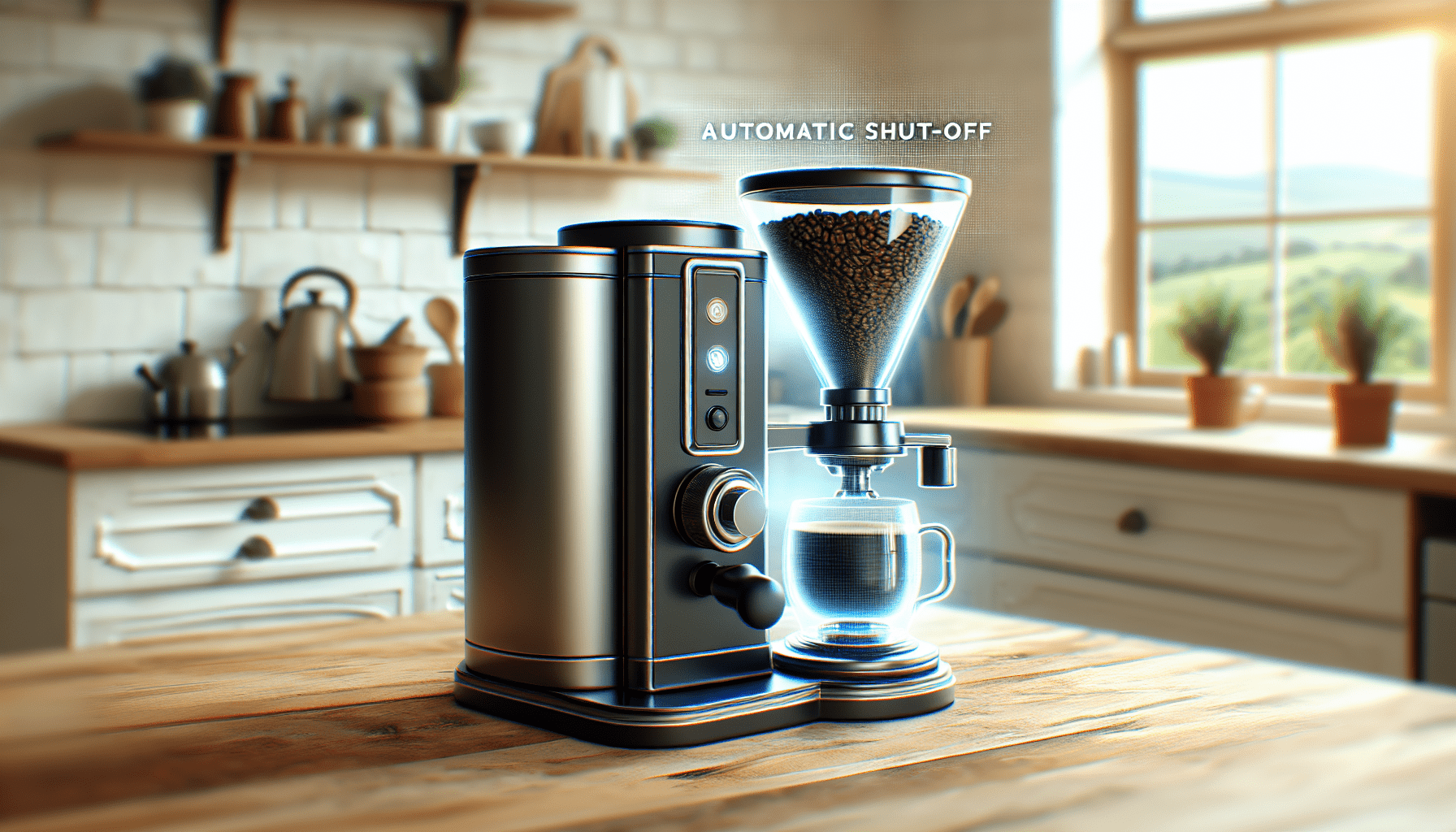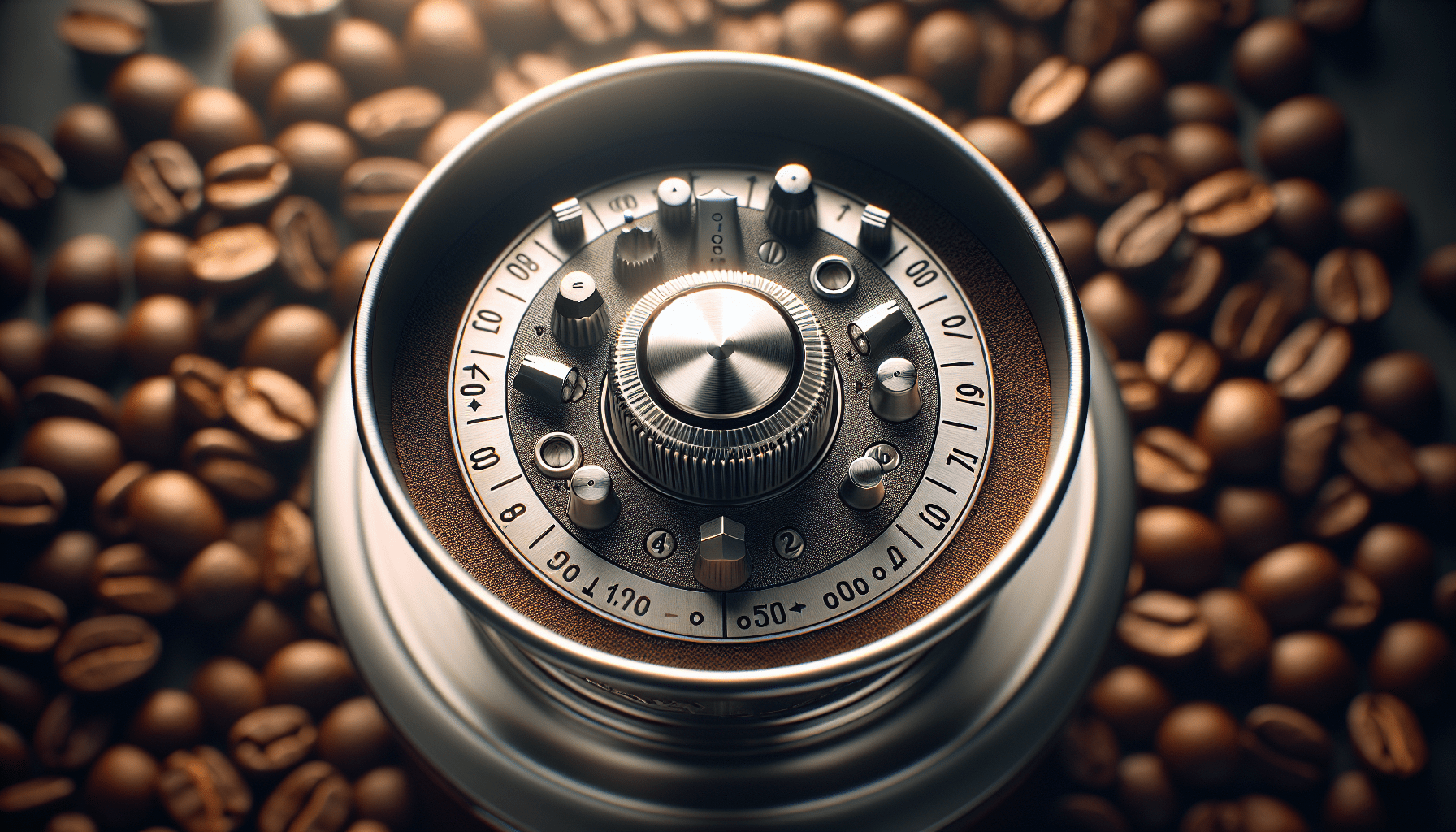If you’re a coffee enthusiast, you understand the importance of grinding coffee beans to achieve that perfect cup of morning bliss. But when it comes to choosing between a manual coffee grinder machine and an electric one, the decision can be overwhelming. While both options have their pros and cons, this article explores the debate and provides insights into whether manual coffee grinder machines are indeed better than electric ones. Stick around to discover the ultimate truth behind this brewing battle and make a more informed choice for your caffeine-fixing needs.
Overview of manual and electric coffee grinders
Manual coffee grinder machines, also known as hand grinders, are devices used to grind coffee beans manually. These grinders typically consist of a handle, a shaft, and a burr mechanism that crushes the beans. They require physical effort to operate, as you need to manually turn the handle to grind the beans.
On the other hand, electric coffee grinder machines are powered by electricity and use motor-driven blades or burrs to grind the coffee beans. They offer a convenient and effortless way to grind coffee, as they do the work for you with the push of a button.
Both manual and electric coffee grinders serve the same purpose of grinding coffee beans, but they differ in terms of performance, control, portability, noise level, maintenance, durability, price range, traditional appeal, aesthetic, user experience, and personal preference.
Performance and Grind Consistency
When it comes to performance, both manual and electric coffee grinders have their strengths and weaknesses. Manual grinders generally take longer to grind coffee beans compared to their electric counterparts. However, some coffee enthusiasts argue that the slower grinding process of manual grinders results in a more flavorful and higher-quality cup of coffee.
Grind consistency is an important factor in coffee brewing. Manual coffee grinders, with their adjustable burr mechanisms, offer more control over grind size, allowing you to achieve your desired consistency. Electric grinders, although they may offer various grind settings, may not always deliver consistent results. The heat generated during the grinding process with electric grinders can also affect the flavor of the coffee.
Grind consistency plays a significant role in extracting the flavors and aromas from coffee beans, making it crucial for a delicious cup of coffee.
Control and Adjustability
Manual coffee grinders give you a great level of control over the grinding process. By manually turning the handle, you can determine the speed and pressure at which the beans are ground. This control allows you to adjust the grind size according to your brewing method, whether you prefer a coarse grind for French press or a fine grind for espresso.
Electric coffee grinders, on the other hand, provide convenience and ease of use. They often come with preset grind settings that you can select based on your brewing method. Although they may not offer the same level of control as manual grinders, they still provide a range of options to suit different preferences.
Both manual and electric grinders allow you to adjust the grind size, but manual grinders offer a more precise and customizable experience.
Portability and Convenience
When it comes to portability, manual coffee grinders have a clear advantage. They are compact, lightweight, and do not require electricity, making them perfect for travel, camping, or any situation where you don’t have access to electricity. Manual grinders can easily fit into a backpack or suitcase, allowing you to enjoy freshly ground coffee wherever you go.
Electric coffee grinders, on the other hand, are less portable due to their larger size and dependence on electricity. While they are more convenient for everyday use in a kitchen or coffee shop, they may not be suitable for on-the-go coffee lovers.
In terms of convenience, electric coffee grinders offer a hassle-free grinding experience. With just a push of a button, you can effortlessly grind your coffee beans in a matter of seconds. Manual grinders, on the other hand, require manual effort and a bit more time and patience to achieve the desired grind.
Noise Level and Power Requirements
One of the advantages of manual coffee grinders is their quiet operation. Since they do not rely on electricity or motor-driven mechanisms, they produce minimal noise during the grinding process. This makes them ideal for those who prefer a peaceful and quiet coffee brewing experience, especially in the early morning or when others are still asleep.
Electric coffee grinders, on the other hand, can be quite noisy due to their motor-driven components. The noise level can vary depending on the model and quality of the grinder. It’s important to consider the noise factor if you live in a shared space or have noise-sensitive individuals around.
In terms of power requirements, manual coffee grinders do not require any electricity, making them energy-efficient and cost-effective. Electric coffee grinders, of course, require electricity to function, which can add to your energy consumption and utility bills.
Maintenance and Durability
The maintenance of manual coffee grinders is relatively simple. They generally require periodic cleaning to remove any coffee residue and oils that may build up over time. Some models may also require occasional burr realignment or replacement, but overall, manual grinders are low-maintenance machines. Their simplicity and fewer moving parts contribute to their durability, and with proper care, they can last for years.
Electric coffee grinders, on the other hand, require a bit more maintenance. The motor-driven components, such as blades or burrs, can become dull or worn out over time and may need to be replaced. Regular cleaning is also necessary to prevent clogging and ensure optimal performance. Electric grinders may require more attention and occasional repairs, but they are generally designed to withstand frequent use.
Price Range and Affordability
The price range of manual coffee grinders can vary widely depending on the brand, materials used, and overall quality. Entry-level manual grinders are often more affordable compared to their electric counterparts, making them a budget-friendly option for coffee enthusiasts on a tight budget. Premium manual grinders with durable materials and precise grind settings, however, can be more expensive.
Electric coffee grinders generally have a higher price range, especially if they offer advanced features and settings. The cost can vary from budget-friendly options to high-end models with premium materials and advanced grinding technologies. Electric grinders often require more investment upfront, but they offer convenience and time-saving benefits.
The affordability of manual or electric grinders ultimately depends on your budget and personal preferences.
Traditional Appeal and Aesthetic
Manual coffee grinders have a certain charm and visual appeal, often resembling antique or vintage kitchen tools. They bring a sense of nostalgia and traditional aesthetics to your coffee brewing experience. Many coffee enthusiasts appreciate the craftsmanship and timeless design of manual grinders, considering them as aesthetic pieces that add character to their coffee setup.
Electric coffee grinders, on the other hand, feature a modern and sleek design that aligns with contemporary kitchen aesthetics. They often come in a variety of styles and finishes to suit different kitchen decors, making them a popular choice for those who prefer a more futuristic look.
The decision between traditional appeal and modern aesthetic largely depends on your personal taste and the overall style of your kitchen or coffee brewing setup.
User Experience and Preference
User experiences with manual coffee grinders can vary. Some coffee lovers enjoy the sensory experience of manually grinding their coffee beans, appreciating the process and feeling a deeper connection to the coffee they brew. Others may find the physical effort required for grinding tiresome or inconvenient, especially when grinding larger quantities of coffee.
Electric coffee grinders offer a more convenient and time-saving experience. They can quickly and effortlessly grind larger amounts of coffee beans without requiring any physical effort. This convenience is particularly beneficial for those who brew multiple cups of coffee or for coffee shops where speed and consistency are essential.
Ultimately, user preference for manual or electric grinders depends on individual preferences, lifestyle, brewing routine, and the overall coffee experience you seek.
Conclusion
In conclusion, both manual and electric coffee grinders have their own advantages and disadvantages. Manual grinders offer control, portability, quiet operation, and a traditional appeal, while electric grinders provide convenience, speed, and a range of grind settings.
Considerations for choosing between manual and electric coffee grinders include your desired level of control, portability needs, noise sensitivity, budget, maintenance preferences, aesthetic preferences, and personal preferences.
Whether you choose a manual or electric coffee grinder, the most important thing is to find a grinder that suits your brewing style and ensures a consistent and flavorful cup of coffee. Experiment with different grinders and brewing methods to discover the perfect balance of taste, convenience, and personal preference for your coffee journey.




